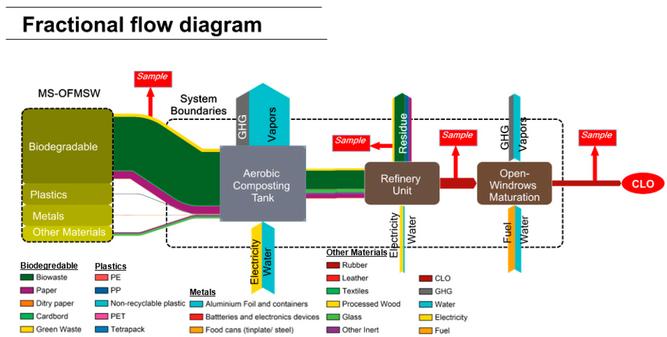You Can Compost Human Waste! Subscribe Today - Pay Now & Save 64% Off the Cover Price
Oceans of sewage. Tapped-out water sources. Ever-costlier fertilizers. A flurry of recent studies warn of resource scarcity for the world’s cities. Fortunately, a growing legion of urban dwellers think the nutrients and water in their toilets are too valuable to flush away. From Boston to San Francisco, city dwellers are taking the “waste” out of wastewater, and showing that recycling at the toilet isn’t just for homesteaders anymore.
Don’t Waste Your ‘Waste’
Although his Boston apartment has a comfortable modern bathroom, Patrick Keaney usually trudges down two flights of stairs to use a waterless, urine-diverting composting toilet.
Keaney and his housemate, David Staunton, constructed the simple toilet system after learning that most of the nutrients in human excrement?–?as much as 90 percent of the nitrogen and half of the phosphorus?–?are in urine alone. The two saw an opportunity to capture free fertilizer and cut their water bill.

Knowing their landlord wouldn’t allow plumbing changes, Keaney and Staunton installed their toilet in the basement next to the warmth of the water heater. The toilet consists of a wooden bench with an opening to which a plastic diverter is affixed (you can also use a trimmed funnel) to drain urine into a 3-gallon pail. Solids (feces, toilet paper and any wood shavings or mulch added) drop to an 18-gallon plastic bin. When the bin fills up, they cap it with a perforated lid, let it season for a year, then shovel its contents into a composter. “We use it to build up the soil around fruit trees and flower beds,” Keaney says. As for the urine, it’s composted with woody material or poured onto well-mulched and well-watered garden beds.
Is using urine this way safe? Most pathogens we excrete are in feces. Urine is almost always pathogen free. Any trace pathogens get deactivated as the urine ages. Some experts say one month of aging is sufficient for a household’s urine used on its own garden, while six months is advised for urine from combined sources. If applying directly to plants, you must dilute it with eight parts water to one part urine to avoid burning plant roots (some sources recommend 20 parts to one).
The Great Giveback
Chicago landscaper, ecologist and urban poo-pioneer Nance Klehm took waste recycling to the community scale with her “Humble Pile” project: For three months, 22 participants pooped into 5-gallon buckets instead of their toilets and brought them to Klehm to be emptied into aerated 32-gallon garbage cans in an undisclosed location. After 11 months, the 50 garbage cans were dumped into one large pile. After another year of composting with only comfrey and some old straw, Klehm delivered a fluffy compost?–?that tested negative for fecal bacteria?–?in 2-pound bags printed with “The Great Giveback.”
“It got people thinking more consciously about their personal connection to land, the cycle of food, water use, municipal water treatment and human health,” Klehm says.
It Pays to Pee-Cycle
In Oakland, Calif., Heather Kuiper and Lauren Rauch look out over a verdant backyard fertilized with urine combined with graywater from laundry and bathing. Their “EcoFlush” Swedish urine-diverting toilet features a urine drain in the front of the bowl, through which urine and flush water drain to a graywater system that irrigates their landscape. Everything else flushes to the city’s treatment plant. A switch allows Kuiper and Rauch to divert the graywater-urine mix to the city sewer on rainy days.
And near San Francisco, Anna Zander collects her urine in discarded plastic bottles. One bottle, cut in half, acts as a funnel that fits into the mouth of a larger bottle. A wine cork serves as a stopper to contain odor. She pours her urine into her composter, which is full of brown leaves that need moisture and nitrogen to break down quickly. Other days, she pours it directly onto her vegetable garden, usually followed by a bucket of water collected from her tub.
To learn more about recycling human excrement, check out The Humanure Handbook and Liquid Gold: The Lore & Logic of Using Urine to Grow Plants.








